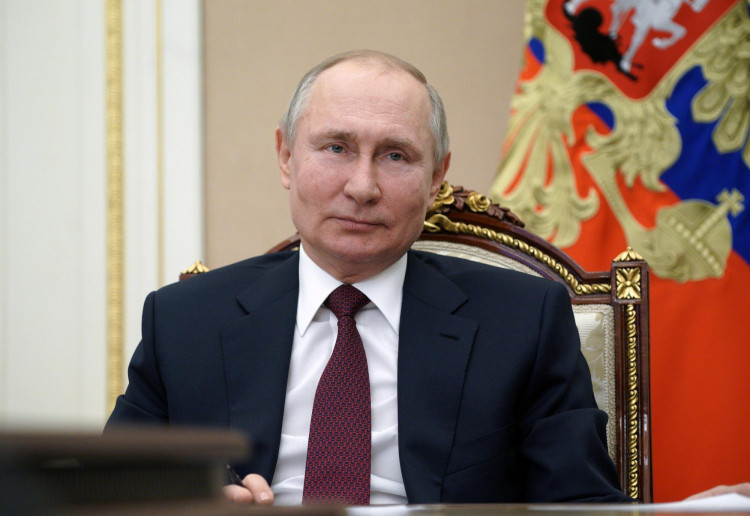Russian and U.S. officials met for six hours in Istanbul on Thursday in an attempt to restore normal embassy functions, marking one of the first tangible steps in diplomatic engagement between the two countries since Donald Trump's return to the White House. Russian President Vladimir Putin, speaking separately in Moscow, described the initial contact with Trump's administration as a source of "hope" but warned that European nations were attempting to obstruct progress.
The discussions, held at the U.S. consul general's residence in Turkey, centered on resolving longstanding diplomatic issues, including staffing, visas, and banking services for diplomats. "To be clear, there are no political or security issues on the agenda. Ukraine is not on the agenda," a U.S. State Department spokesperson said before the meeting.
Despite the narrow focus, the talks are being closely watched as an early indicator of whether Washington and Moscow can rebuild relations after years of hostilities. Russian Foreign Ministry spokeswoman Maria Zakharova said the Istanbul talks were expected to be the first in a series of confidence-building efforts.
Putin, in remarks delivered to Russia's Federal Security Service (FSB), acknowledged the deteriorated state of U.S.-Russia ties but noted, "I note that the first contacts with the new American administration inspire certain hopes." He added that there was a "reciprocal mood" from both sides to work toward restoring bilateral relations.
At the same time, Putin accused European nations of attempting to undermine the progress. "Not everyone in the West is satisfied with the revival of Russian-American relations," he said. He claimed that certain Western elites remain committed to global instability and would attempt to obstruct the ongoing dialogue.
Russia has long expressed concerns about European influence on U.S. foreign policy, particularly regarding Ukraine. Moscow's relations with the West have been deeply strained since its full-scale invasion of Ukraine in 2022. Under the Biden administration, Washington backed Kyiv with military aid and imposed sweeping sanctions on Moscow. Trump, by contrast, has signaled a willingness to engage with Russia, sparking concern among European allies who fear a potential shift in U.S. policy.
The Kremlin has indicated that it hopes to expand cooperation beyond diplomatic issues. Putin this week suggested that Washington could participate in joint rare-earth mining projects in Russian-controlled territories of Ukraine. Kremlin spokesman Dmitry Peskov also mentioned potential collaboration in Arctic resource development, though he acknowledged that discussions had not yet reached a substantive stage.
On Thursday morning, Russia reaffirmed its refusal to return occupied Ukrainian territories, pushing back against Trump's comments that the U.S. would seek to negotiate the return of some land to Kyiv as part of a broader peace deal. "The territories incorporated into Russia are an undeniable reality and not open to negotiation," Peskov stated.
While diplomatic engagement is resuming, tensions remain high. Russian Foreign Minister Sergei Lavrov said the outcome of the Istanbul talks "will show how quickly and effectively we can move," adding that the success of future negotiations would depend on Washington's willingness to act in "good faith."




